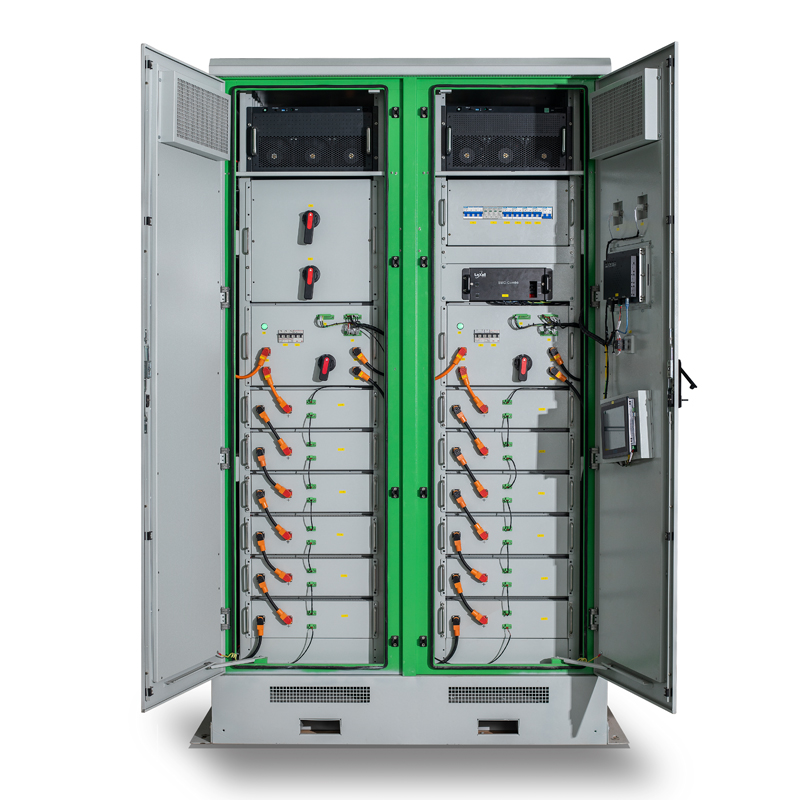
Aug . 13, 2024 07:46 Back to list
Exploring CE Certification for Enhanced Safety in Battery Energy Storage Solutions and Technologies
Understanding CE Certification for Battery Energy Storage Systems
As the world increasingly shifts towards sustainable energy solutions, the role of battery energy storage systems (BESS) has become crucial. These systems enable the efficient storage and management of energy produced from renewable sources, such as solar and wind. However, safety, reliability, and regulatory compliance are paramount when deploying these technologies. One essential aspect of ensuring these standards is obtaining CE certification for battery energy storage systems.
What is CE Certification?
CE marking, which stands for Conformité Européenne, is a certification mark that indicates a product's compliance with European Union (EU) health, safety, and environmental protection standards. For manufacturers and suppliers looking to sell their battery energy storage systems within the EU, obtaining CE certification is a legal requirement. This marking signifies that the product meets the necessary directives and regulations, ensuring that it is safe for use in the EU market.
Importance of CE Certification for BESS
1. Safety Assurance Battery energy storage systems can potentially pose safety risks due to electrical hazards, thermal runaway, and chemical exposure. CE certification ensures that the systems have undergone rigorous testing and evaluation to comply with safety standards, thus minimizing the risk of accidents, and enhancing user confidence.
2. Market Access CE marking is a passport to access the EU market. Without CE certification, manufacturers face restrictions in marketing their products within EU member states. This certification not only facilitates trade but also expands market opportunities for innovative battery technologies.
3. Quality and Reliability The process of obtaining CE certification involves thorough testing for performance and quality. This scrutiny ensures that only reliable and efficient battery energy storage systems are made available to consumers, thus promoting customer satisfaction and reducing product recalls.
4. Sustainability and Environmental Compliance As sustainability becomes increasingly central to global policies, CE certification also aligns with environmental regulations. Battery systems must meet specific environmental criteria to minimize their ecological footprint, contributing to the EU's goal of reducing greenhouse gas emissions.
ce certification battery energy storage

The CE Certification Process for Battery Energy Storage
The path to CE certification for battery energy storage systems typically involves several key steps
1. Identify Applicable Directives Manufacturers must determine which EU directives apply to their products, such as the Low Voltage Directive (LVD), the Electromagnetic Compatibility Directive (EMC), and the Battery Directive, among others.
2. Testing and Evaluation The product must undergo rigorous testing to verify compliance with the identified directives. This might include safety testing, performance evaluations, and environmental impact assessments.
3. Technical Documentation Manufacturers must prepare a technical file that includes product specifications, test results, risk assessments, and compliance declarations.
4. Declaration of Conformity Once the product meets all requirements, the manufacturer must issue a Declaration of Conformity, stating that the product complies with all relevant EU legislation.
5. Affix the CE Mark Finally, once all requirements are satisfied, manufacturers can affix the CE mark to their battery energy storage systems, signifying compliance and readiness for market entry.
Conclusion
In the rapidly evolving landscape of renewable energy, battery energy storage systems play a vital role in enhancing energy efficiency and reliability. CE certification serves as an assurance of product quality, safety, and compliance with EU regulations. By navigating the certification process, manufacturers not only guarantee the safety and reliability of their products but also unlock access to a significant market in the European Union. This, in turn, fosters innovation and drives the transition toward a more sustainable energy future.
-
Advanced AI Energy Management with GPT-4 Turbo
NewsAug.02,2025
-
AI-Powered EMS with GPT-4-Turbo | Efficiency Boost
NewsAug.01,2025
-
Optimized Storage System for GPT-4-Turbo | High Performance
NewsJul.31,2025
-
AI Energy Management System w/ GPT-4 Turbo Efficiency
NewsJul.31,2025
-
High-Performance Energy Storage System for Reliable Power Solutions
NewsJul.30,2025
-
Advanced EMS Solutions for Energy Management System & Storage Battery Companies
NewsJul.29,2025























